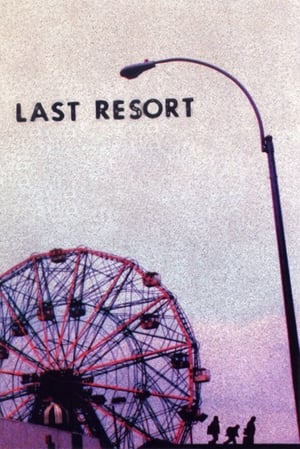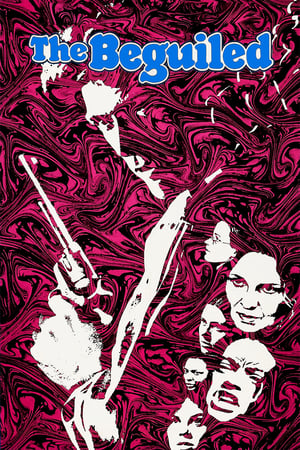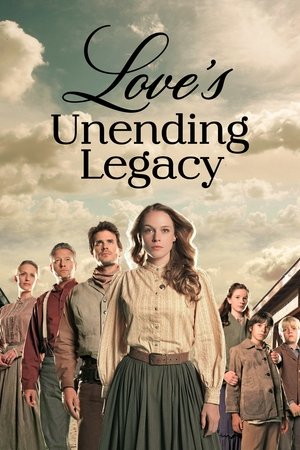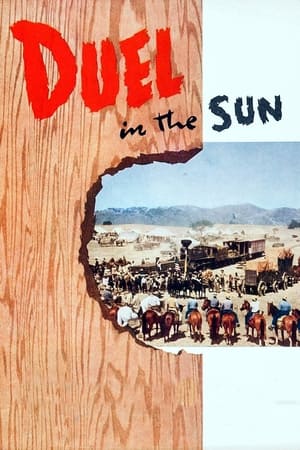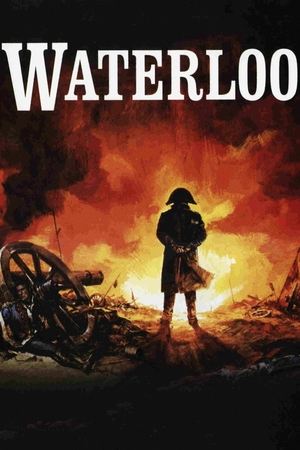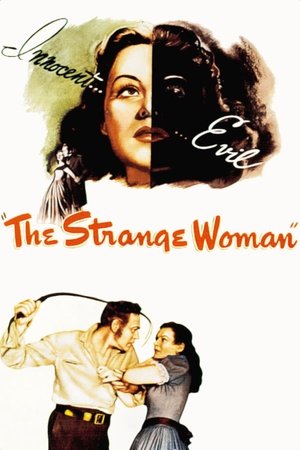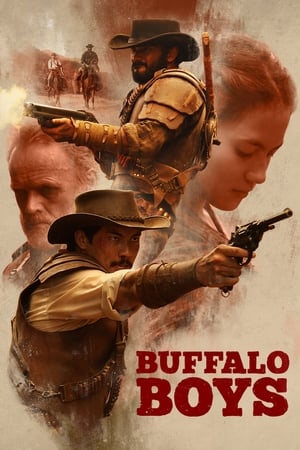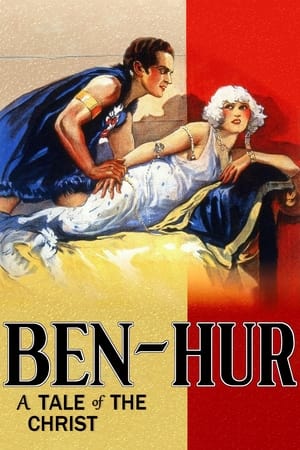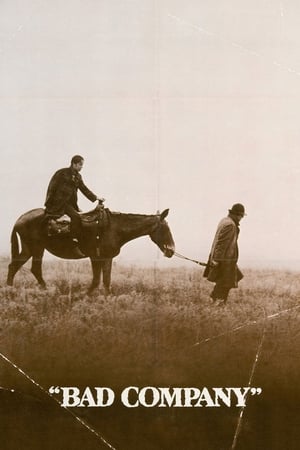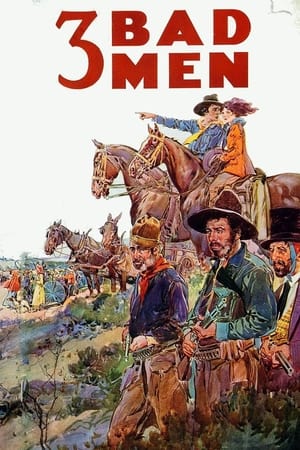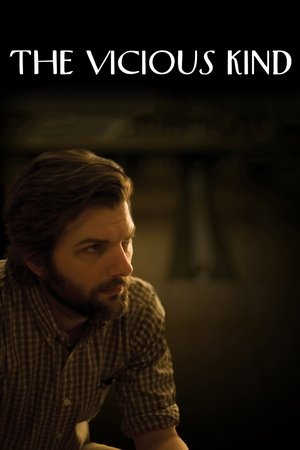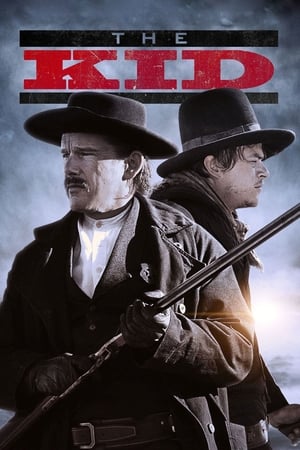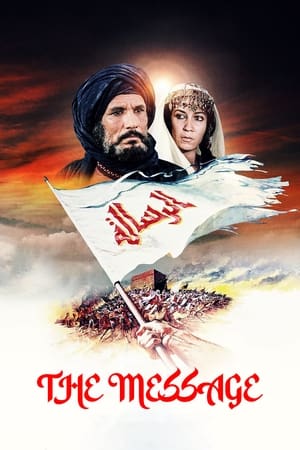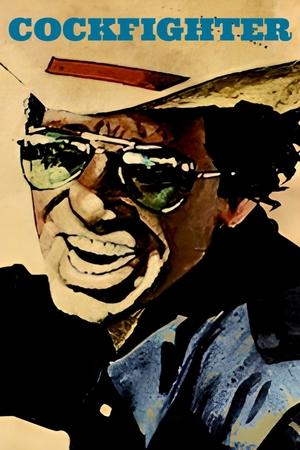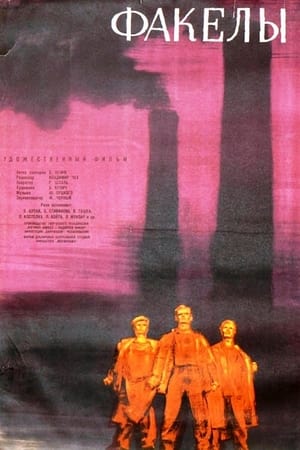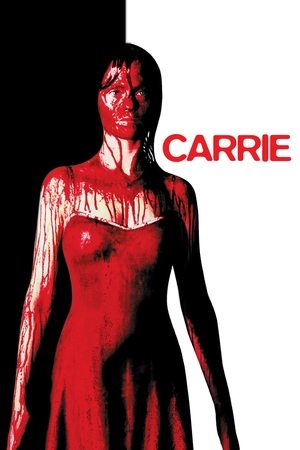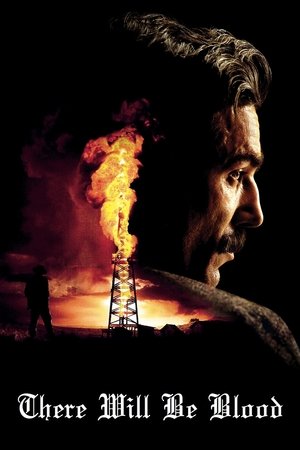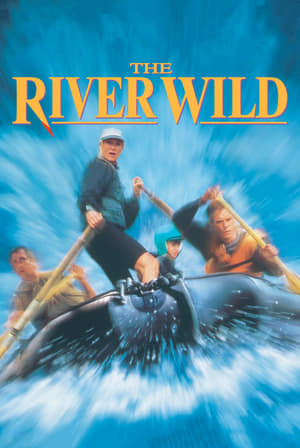Overview
Harvard graduate James Averill serves as the sheriff of prosperous Jackson County, Wyoming, standing at the center of a conflict between impoverished immigrants and affluent cattle farmers. Politically connected ranchers enlist mercenary Nathan Champion—who is also vying for the affections of local madam Ella Watson—to combat the immigrant uprising. As tensions escalate, both Averill and Champion start to question their decisions.
Reviews
Heaven’s Gate (1980)
Barbed wire and women are the two greatest civilising agents in the world.
Heaven’s Gate is written and directed by Michael Cimino and stars Kris Kristofferson, Christopher Walken, Isabelle Huppert, Jeff Bridges, John Hurt and Sam Waterston. Music is by David Mansfield and cinematography by Vilmos Zsigmond.
Picture is based around the real-life Johnson County War in 1890 Wyoming, where here we have a Sheriff born into wealth attempting to protect immigrant farmers from the rich Stockholders Association.
Lets begin by stating that for the clear facts about the financial disaster of Heaven’s Gate, and its impact on studios and film making in general, then research it so I don’t have to write two paragraphs about it. Also it should be known that this is hardly an historically accurate account of the so called Johnson County War (when are big epics ever truly accurate anyway?), so again research pays off there as well.
Heaven’s Gate, the film, was savaged by the critics upon release, especially given that the originally theatrical release they viewed was over an hour shorter than what Cimino intended for release. Thankfully now, if you are a fan or not of the pic, we can at least see the fully formed longer version (three and half hours worth). The charges of self indulgency by Cimino are fair enough, but his vision is clinically focused to the point of producing a potent and meditative (anti) Western epic.
Cimino is in no hurry to tell his story, and rightly so as he gets to grips with character building and methodically slow burning the tensions that led to the Johnson County blood bath. Before we even consider the technical smarts on show, there’s a strong emotional current swirling away in the narrative, an intimacy that’s beguiling and holds those fully invested in the first half of film – in readiness for the pay off in the superb second half. I do wonder just how many of the 1/10 reviewers actually made it to second half? The point when the gang of hired assassins ride over the hill and begin their terror of murder and sexual assault?
Visually (Zsigmond on top form) the pic blends elegiac tones for the hopes and dreams of the immigrants looking for a new life in the new world, with the grainy realism of the financial greed and oppression dished out by wealthy corporate stockholders. Cimino isn’t found wanting for quality of sequence construction either. Pic features community dances, the kind that John Ford himself would be tipping his hat to. Most notably is the immigrants roller derby dance gathering, a delightfully zestful experience showing a community in love with being a community. The main battle section was laughably trashed by a couple of those original critics, it’s a breath taking sequence of events, a thunderous whirl of dust and circular carnage (circles a thematic for Ciminio), “those god damned Romans” indeed.
Flaws? Absolutely, this is far from a flawless picture. The first half hour featuring Averill (Kristofferson) and Irvine’s (Hurt) Harvard Graduation is draggy and could easily have been cut by twenty minutes. Also scratchy is that both actors look way too old for such a scenario. Cast are mostly unfussy (perfectly so), but there’s an itch that although Huppert has simmering qualities for a bordello babe, she’s a touch miscast for the love triangle verve and the genre surrounds. The script sometimes lacks for 1890 chatter, while the screenplay needs the utmost attention or else you could easily lose the thread of things. True also to sadly reflect upon some obvious animal rights issues, thankfully Hollywood has moved on from such things since.
A flawed masterpiece? Yes I think that fits right when revisiting it nearly 40 years after the disaster of its initial release. It’s a lyrical and majestic piece of work, one that has seen its plus column reputation grow as it is re-evaluated by new critics and new age cinema lovers alike. The themes at work, with the debunking of American mythologizing et al, were too close to the knuckle for many back in 1980, but now it stands proud as a bold, beautiful and brutal film. Yes, even with the flaws. 8/10
***Cimino’s epic Western about the Johnson County War, unjustly lambasted by critics***
With the government’s blessing, cattle barons in Wyoming circa 1890 hire an army of mercenaries to kill claimed rustlers who, in many cases, are innocent settlers. A marshal born into wealth (Kris Kristofferson) sides with the poor immigrants in Johnson County; in his spare time he romances a French madam (Isabelle Huppert) who’s also pursued by a top enforcer of the stockmen (Christopher Walken).
“Heaven’s Gate” (1980) is Michael Cimino’s notorious adult-oriented Western that brought down a studio. Cimino’s style is arty with a focus on mundane realism, similar to Francis Ford Coppola. I’m not a fan of Cimino’s previous film, the overrated “The Deer Hunter” (1978), because of the tedious opening hour and the disagreeable focus on Russian Roulette, although I love his Tarantino-like “Thunderbolt and Lightfoot” (1974). Cimino wisely doesn’t allow the Harvard graduation sequence that opens “Heaven’s Gate” to go on forever like the wedding in “Deer Hunter,” not to mention it has aesthetic merit.
There are two versions of the film: The premiere New York City cut runs 3 hours, 39 minutes while the edited version that hit theaters five months later is a little over an hour shorter (roughly 2.5 hours). Critics complain that the story makes no sense, but it’s actually really simple with only a handful of main characters. I was never confused about what was happening and I viewed the shorter version. The locations and photography are top-of-the-line. Whether or not you appreciate the story will depend on if you favor Cimino’s arty, mature and realistic style. In any case, everything leads to an action-packed climax.
When the movie was released there was a critical feeding frenzy, but much of the criticisms are disingenuous as critics conveniently jumped on the hate wagon. For instance, there’s the complaint that this is an ugly film due to an industrial pall, including dust and smoke. Actually, the visuals are awesome despite any dust, smoke or fog. Roger Ebert complained that a character in a burning cabin who is convinced that he’s going to die writes a note and signs his full name before breaking out and getting shot, but the real-life person in question kept a journal of his besieging and, in fact, signed it off before dying. Ebert also whined about a gunman breaking into a house and shooting three men who are raping a woman and yet she is unscathed. Actually the guy in question is a marshal by profession and therefore highly skilled at gunmanship. So what’s the problem? Yet another criticism is that the antagonists could’ve easily gotten to the attackers utilizing the armored wagon made of logs by going around or behind, but the settlers would’ve easily shot ’em down if they unwisely did this seeing as how they would’ve been out in the open. Aduh.
The film was shot in Montana (Kalispell, Glacier National Park, Blackfeet Indian Reservation, etc.) with the Casper, Wyoming, sequence shot in Wallace, Idaho, and the Harvard segment filmed (obviously) in England.
GRADE: B/B-
Has any film undergone the level of critical turnaround afforded HEAVEN'S GATE (1980) since its initial banishment and failure? Nearly four decades removed from the vitriol and scorn heaped upon, not only the film, but the hubris of its director and the perceived wastefulness of an out-of-control production system, what did writer/director Michael Cimino ultimately leave his audience? Well, as with most (but certainly not all) polarizing works of art, the truth is probably somewhere in the middle. At 219 minutes, there is certainly dross; unfortunately, the love triangle at the film's heart constitutes a great deal of it. I'll say it outright: The romance aspect is boring. The picture is much more successful when it focuses on the rancher/immigrant conflict. Even prior to that, the first 30 minutes or so are not only absorbing, they're downright dazzlingly written and performed. I find myself searching for Sam Waterston, John Hurt, Christopher Walken, Kris Kristofferson (away from the romance scenes), and Jeff Bridges and sort-of waiting for other elements to pass-by (almost 10 minutes of roller-skating, anyone?). Transamerica's panicked, short-sighted abandonment of United Artists initially burdened this film with a catastrophic reputation which it didn't deserve. Looked at alongside modern cinema, there is something exciting about the risk-it-all ethos which Cimino (and other directors) brought to the table in the heady '70s. Worth seeing at least once; not only for its sprawling, go-for-broke approach, but also for a look at the tail-end of an era of creative freedom in Hollywood which will almost certainly never be seen again.
"Averill" (Kris Kristofferson) is from wealthy stock, a Harvard graduate, and a decent man who takes up a job as a sheriff in rural Wyoming. Most of the town's population have fled persecution and poverty in Europe, and want to start afresh with their families. They are not afraid of hard work, but that doesn't ease the chagrin of the local cattle ranchers who find them little better than fleas to be swatted. "Averill" tries to keep order as best he can, but when the landowners band together, convince the Governor of the merits of their expansionist plans and then draft in the support of the US army then it looks like the migrants are in for a bumpy ride. As tensions mount, he encounters school colleague-cum-gunslinger "Champion" (Christopher Walken) and their school valedictorian "Irvine" (John Hurt) as the battle lines are drawn not just on the field, but for the affections of "Ella" (Isabelle Huppert) too. This really lost me pretty much at the start with Kristofferson cutting an unlikely figure at a graduation ceremony presided over by the "Reverend" (Joseph Cotton's only, brief, appearence) and entertained by the intellectual and quite sarcastic "Irvine" - he really did look like a fish out of water. Thereafter, Michael Cimino just takes far too long to get the story to the sharp end. We get, quickly, the dynamic of conflict and the ambitiousness of the ranchers but are all to often taken on meandering (and sometimes romantic) side-tracks that don't really add much to the story aside from permitting both men to look moodier, meaner and prove how determined each is to get the same gal. It does come alive for the last thirty minutes as the pot finally boils over and loyalties face the ultimate test, and along the way it does convey an occasionally convincing critique on just how the fight for survival amongst those pioneering Americans was brutal, perilous and laced with bigotry and fear - but if you follow the genre in the slightest, then that won't really surprise you. The acting here is competent, nothing more, and it's certainly a great deal grittier than the more sanitised "How the West Was Won" (1962) type of adventure, but it laboured it's points too much and often for me. Maybe a (shorter) director's cut might focus the story better? More like the Gate to Hell, really.

 217 min
217 min
 6.732
6.732
 1980
1980
 USA
USA
 John Chard wrote:
John Chard wrote: